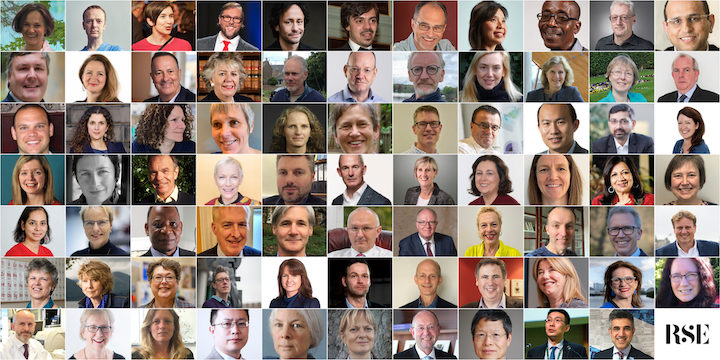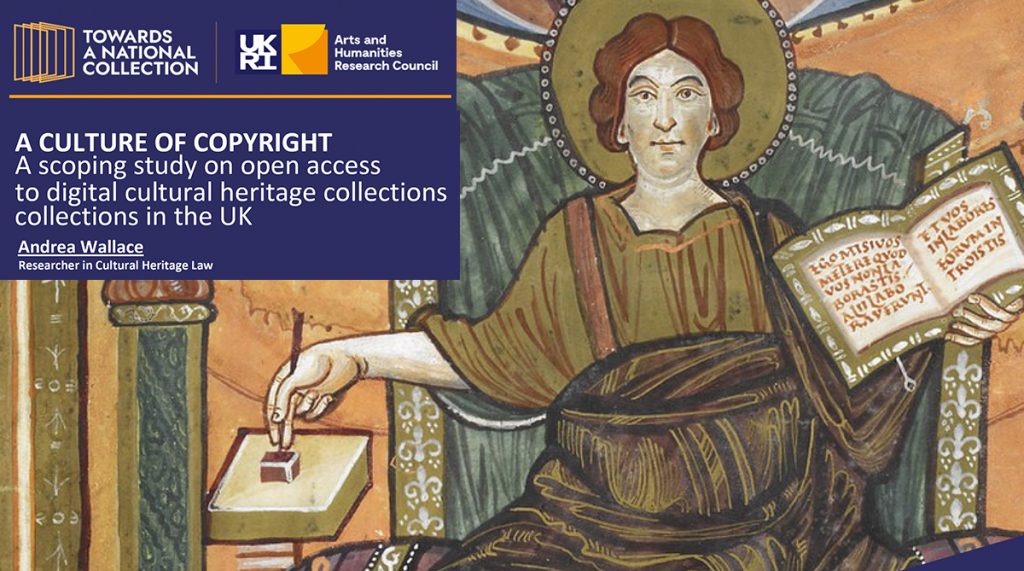Episode 15: Open Culture VOICES – Rebecca Giblin
jeudi 24 mars 2022 à 20:16
Welcome to episode 15 of Open Culture VOICES! VOICES is a vlog series of short interviews with open GLAM (galleries, libraries, archives, and museums) experts from around the world. The Open Culture Program at Creative Commons aims to promote better sharing of cultural heritage in GLAMs collections. With Open Culture VOICES, we’re thrilled to bring you various perspectives from dozens of experts speaking in many different languages on what it’s like to open up heritage content online. In this episode, Rebecca Giblin, an ARC Future Fellow and Professor at Melbourne Law School, and the Director of the Intellectual Property Research Institute of Australia. Her work sits at the intersection of law and culture, focusing on creators’ rights, access to knowledge and culture, technology regulation and copyright.
Rebecca responds to the following questions:
- What are the main benefits of open GLAM?
- What are the barriers?
- Could you share something someone else told you that opened up your eyes and mind about open GLAM?
- Do you have a personal message to those hesitating to open up collections?
Closed captions are available for this video, you can turn them on by clicking the CC icon at the bottom of the video. A red line will appear under the icon when closed captions have been enabled. Closed captions may be affected by Internet connectivity — if you experience a lag, we recommend watching the videos directly on YouTube.
Episodes will be released twice a week until June 2022. Missed episode 14 of our Open Culture VOICES series? Catch up here >>
The post Episode 15: Open Culture VOICES – Rebecca Giblin appeared first on Creative Commons.
 Creative Commons CEO Catherine Stihler OBE has been elected to the Fellowship of Scotland’s national academy, the Royal Society of Edinburgh (RSE).
Creative Commons CEO Catherine Stihler OBE has been elected to the Fellowship of Scotland’s national academy, the Royal Society of Edinburgh (RSE).